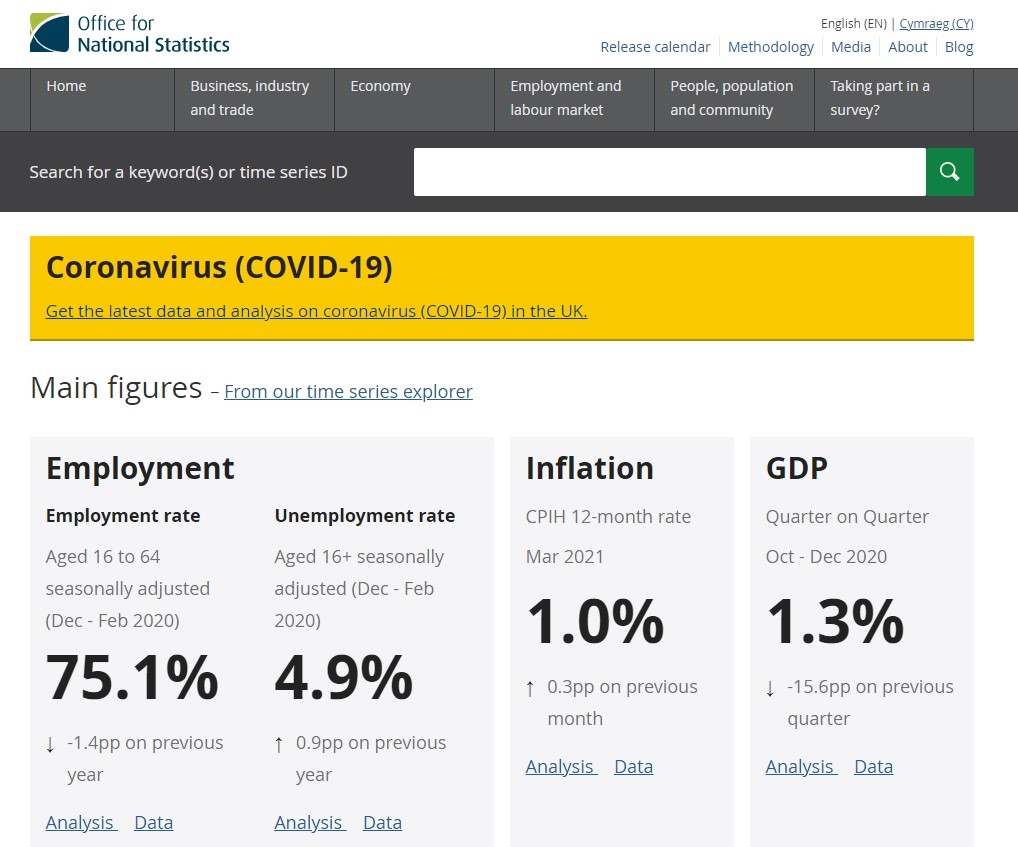The UK economy returned to growth in August, with a 0.2% increase in GDP, according to figures released by the Office for National Statistics (ONS) this morning.
The main driver for growth was the services sector, according to the ONS.
The economy was also boosted by car manufacturing and sales as well as construction.
The ONS said that the economy had grown “modestly” over the past three months, despite updated figures showing that the economy performed worse in July than previously thought (shrinking by 0.6%).
Richard Carter, head of fixed interest research at Quilter, said today’s figures give hope that the UK could avoid a recession.
He said: “Just this week the IMF predicted that the UK would be the slowest growing economy across the G7 next year, and though 2024 may prove more difficult, this morning’s figure provides some relief that though economic growth is challenging, it is not yet non-existent for the UK.
“We have also started to see hints that the pressure of the cost-of-living crisis is beginning to lift for households. Prices remain considerably higher than pre-pandemic periods, but disposable incomes are starting to improve which has provided some much-needed relief to those who have been struggling. The Bank of England’s decision to pause rate hikes has also offered some respite to homeowners and the housing market which have been grappling with high mortgage rates.”
He added that the Bank of England may have pressed pause on its rate hiking cycle for now, but may still return to raising the base rate later in the year or into 2024.
Danni Hewson, head of financial analysis at platform and SIPP provider AJ Bell, said there is still a sense that economic resilience is being tested.
She said: “On the one hand 0.2% could be considered the Goldilocks of GDP growth. Not too hot to suggest the Bank of England has more work to do to slow down the economy, not too cold to suggest its measures have completely stalled the engine.
“And the fact that August stormed back from July’s damp and dismal decline is testament to the resilience of the UK economy.
“But August is notable for its normalcy. The weather was pretty mediocre, the school holidays meant the impact of industrial action was relatively limited, and parents that had money to spend were prepared to spend it to keep their kids occupied.
“That said, the consumer facing part of the service sector still struggled. Cash strapped households had to make choices about which activities they would splash out on whilst keeping a weather eye on budgets.
“The length of the cost-of-living crisis has decimated savings and forced people to think carefully about every penny they spend, and that’s crystal clear when you compare where the sector was before the pandemic and where it is now.
“There’s been a lot of talk of recession and with growth so slim it’s beginning to feel almost inevitable. The full extent of increased borrowing costs has yet to be felt and as temperatures cool and thermostats are eyed warily there’s a real sense that economic resilience is fraying.”

